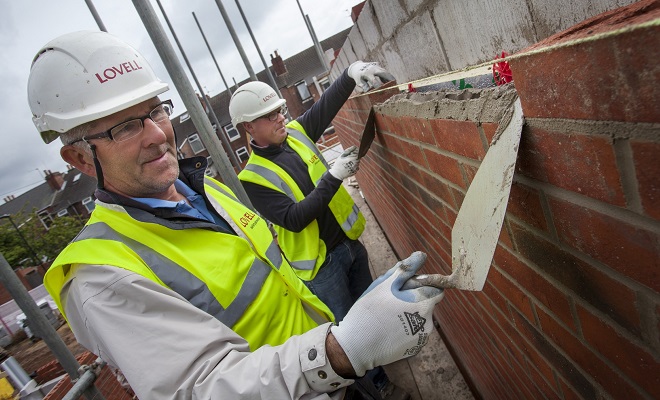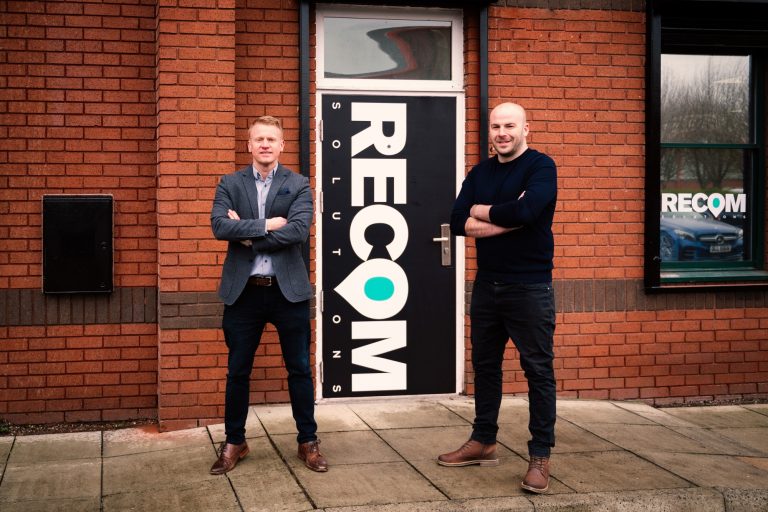Housing and public sector procurement specialists identify low carbon new homes, major retrofit programmes and an increased use of regional and local supply chains as major catalysts to effective levelling up across England, in a new report from LHC Group. Released on the 30 March, ‘How public sector procurement aids the levelling up agenda’ calls for focused efforts to unlock levelling up in “left behind areas”. Following the government’s Levelling Up White Paper in February, LHC’s report outlines the key role public sector procurement can play in the levelling up agenda and features leading voices from LHC’s regional hubs, as well as Northern Housing Consortium (NHC), Home Builders Federation (HBF) and a personal perspective on diversity issues by industry campaigner Anjali Pindoria, at Avi Contracts. LHC Group interim chief executive Elaine Elkington says: “Housing and levelling up are inextricably linked as stimulators of UK-wide social and economic opportunity, with programmes to deliver high quality homes also creating jobs and igniting innovation in low carbon and sustainable building methods. “Public sector procurement plays a key role in achieving this by guaranteeing a long-term pipeline of work to drive regeneration across our regions, while also shaping the very fabric of the way suppliers are appointed. It is here where the levelling up can really happen – through improving social value, equality, diversity and inclusion, while offering better access to regional and local SMEs.” In the report, John Slaughter, director of external affairs at HBF, discusses tackling fuel poverty, the contribution of the new homes sector and newbuild standards that will help make homes cheaper to heat. He says: “The relationship between poor housing conditions, high energy bills for heating and fuel poverty is well-known. Unsurprisingly, those affected by fuel poverty also have poorer health than those living in more energy efficient homes. Tackle this, and we start to tackle a host of deeper societal issues.” In the North of England specifically, housing accounts for a quarter of total carbon emissions, with two-thirds of homes requiring retrofit to achieve the Energy Performance Certificate (EPC) band C requirement. Addressing this, NHC director Tracy Harrison identifies the urgent need to train more people in low carbon, low energy retrofit measures and to create localised skills programmes to ignite change. She says: “The housing retrofit market presents an opportunity for 77,000 direct jobs in the North of England alone. Yet we have a chicken and egg challenge where home decarbonising is still emerging and customer demand is latent, but long-term certainty over funding is needed to bring about the confidence and ambition needed in the housing and construction sector.” On the link between diversity, equality and inclusion and levelling up, the report calls on public sector clients and procurement bodies to actively seek out SMEs and suppliers from more diverse backgrounds – an approach taken in LHC’s Architect Design Services (ADS 1.1) framework and now being replicated by the framework provider nationally. Anjali Pindoria, Avi Contracts project surveyor, says: “When I think of ‘levelling up’, I don’t just think of place. True levelling up throughout all parts of the UK is not possible without significant progress to improve EDI. They key lies in education of the sector to embrace EDI naturally and instinctively, steering away from the tick box attitude based solely on satisfying contractual obligations. “But we also need to singularly target schools, because if we want new recruits who are from diverse backgrounds, we need to do more to change perceptions.” MMC is also highlighted as a lynchpin for levelling up regional housing standards, with the report encouraging wider adoption by local authorities, housing associations and social housing groups, and increased procurement of expertise in this area. LHC’s Elaine Elkington adds: “So far, LHC has supported the construction of more than 5,300 MMC-built homes, but the adoption of new build methods really needs to scale up far more quickly. Our role is to step in, connect with social housing providers and the wider homebuilding and construction supply chain and foster more collaboration. This will mean risk is shared and delivery is made more attractive and competitive through longer-term planning.” LHC is a not-for-profit central purchasing body which develops a wide range of construction frameworks in England, Scotland and Wales. LHC’s frameworks are available to all publicly funded contracting authorities to procure works, goods and services to design, construct, refurbish and maintain social housing, schools and public buildings. Read the LHC Group report on levelling up at https://www.lhc.gov.uk/media/b3rc3ynf/lhc_report_levellingup.pdf. For more information on LHC visit www.lhc.gov.uk.











